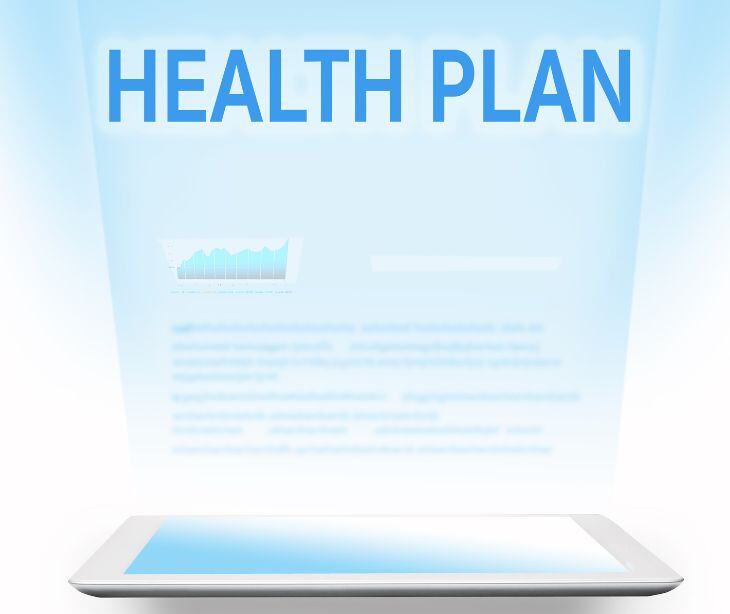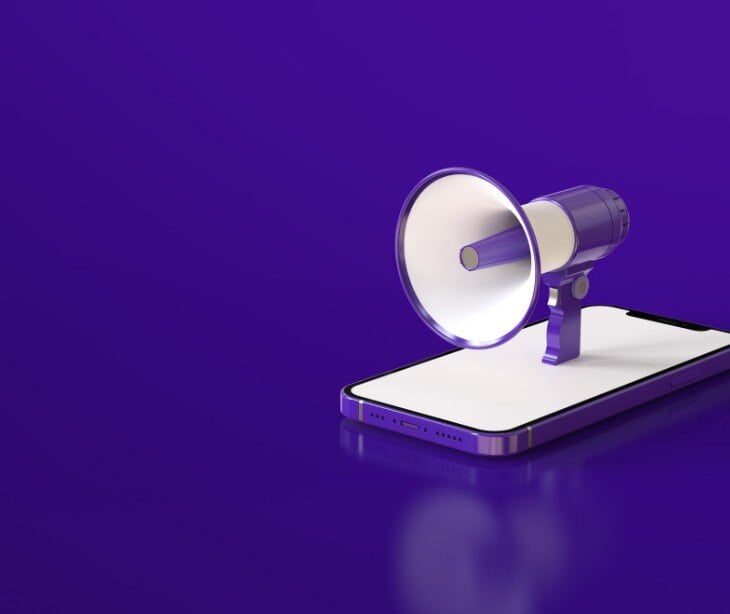
Health plan promotions are efforts by health insurance providers to encourage enrollment in health plans. An American Journal of Preventive Medicine study notes, “Health plans may be pursuing many different goals in offering health-promotion and disease-prevention programs: (1) as a marketing device to entice consumers to join their plan. (2) to increase member satisfaction as a means of increasing retention of their membership5 ; (3) to prevent disease and injury as a means to reducing medical costs; and (4) to improve or maintain the health of their members.”
Health plan promotions are more targeted than broader health promotion efforts that improve population health through social and environmental interventions. For example, initiatives like wellness rewards, and discounted premiums for participating in health assessments. The challenge with health plan promotions stems from the fact that they are often inclined toward preventative care. It is also most accessible to those in higher socio-economic brackets, with it being used by only 2% of the insured population, according to the same study.
Are health plan promotions considered marketing under HIPAA?
Under HIPAA, marketing is defined as any communication that encourages individuals to purchase or use a product or service. The definition implies that if a health plan promotion is used to attract new members for health plans, it would be classified as marketing, requiring prior written authorization from patients before their protected health information is used for these purposes.
The HIPAA Privacy Rule provides specific exceptions where certain communications do not fall under the definition of marketing. For example, communications that inform patients about their health plan benefits or enhancements to services offered by the plan are generally excluded from being categorized as marketing.
Ensuring health plan promotions remain HIPAA compliant
- Before using protected health information (PHI) for promotional activities, healthcare providers need to secure written authorization from patients. The consent should clearly outline how information will be used and who will have access to it. Secure forms offered by HIPAA compliant email platform Paubox make this step easy with data being collected at the press of a button.
- Providers should provide straightforward mechanisms for patients to withdraw consent at any time. For email communications, this would be a clear and easy-to-use opt-out option.
- Establish a business associate agreement (BAA) with any third-party vendors involved in marketing processes. This makes sure that any PHI accessed has its uses outlined.
- Organizations should document all marketing activities involving PHI, including patient authorizations and communications sent out.
- Periodic reviews of marketing practices can help identify potential compliance gaps. This helps ensure that all marketing practices and policies remain compliant.
FAQs
What is the role of HMOs in health plan programs?
Health maintenance organizations focus on preventive care and often offer a more comprehensive set of health promotion and disease prevention programs compared to other types of health plans.
Are disease promotion programs considered marketing?
Yes, disease prevention programs can be considered a form of marketing when the programs are used to attract new members and retain existing ones.
How does HIPAA cover providers receiving payments from pharmaceutical companies?
HIPAA does not explicitly regulate providers receiving payments from pharmaceutical companies. It does, however, govern the use and disclosure of PHI.
Subscribe to Paubox Weekly
Every Friday we'll bring you the most important news from Paubox. Our aim is to make you smarter, faster.



